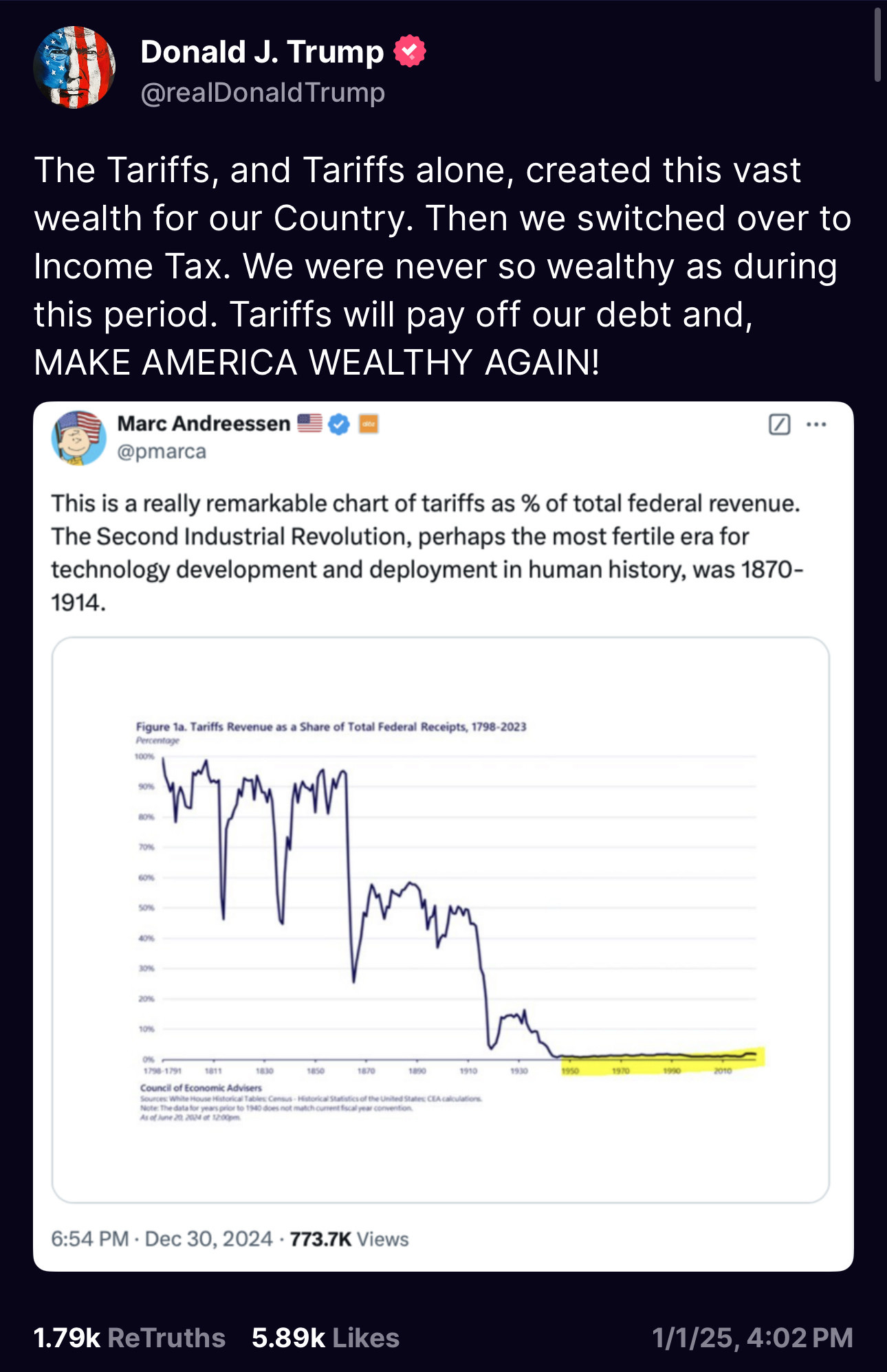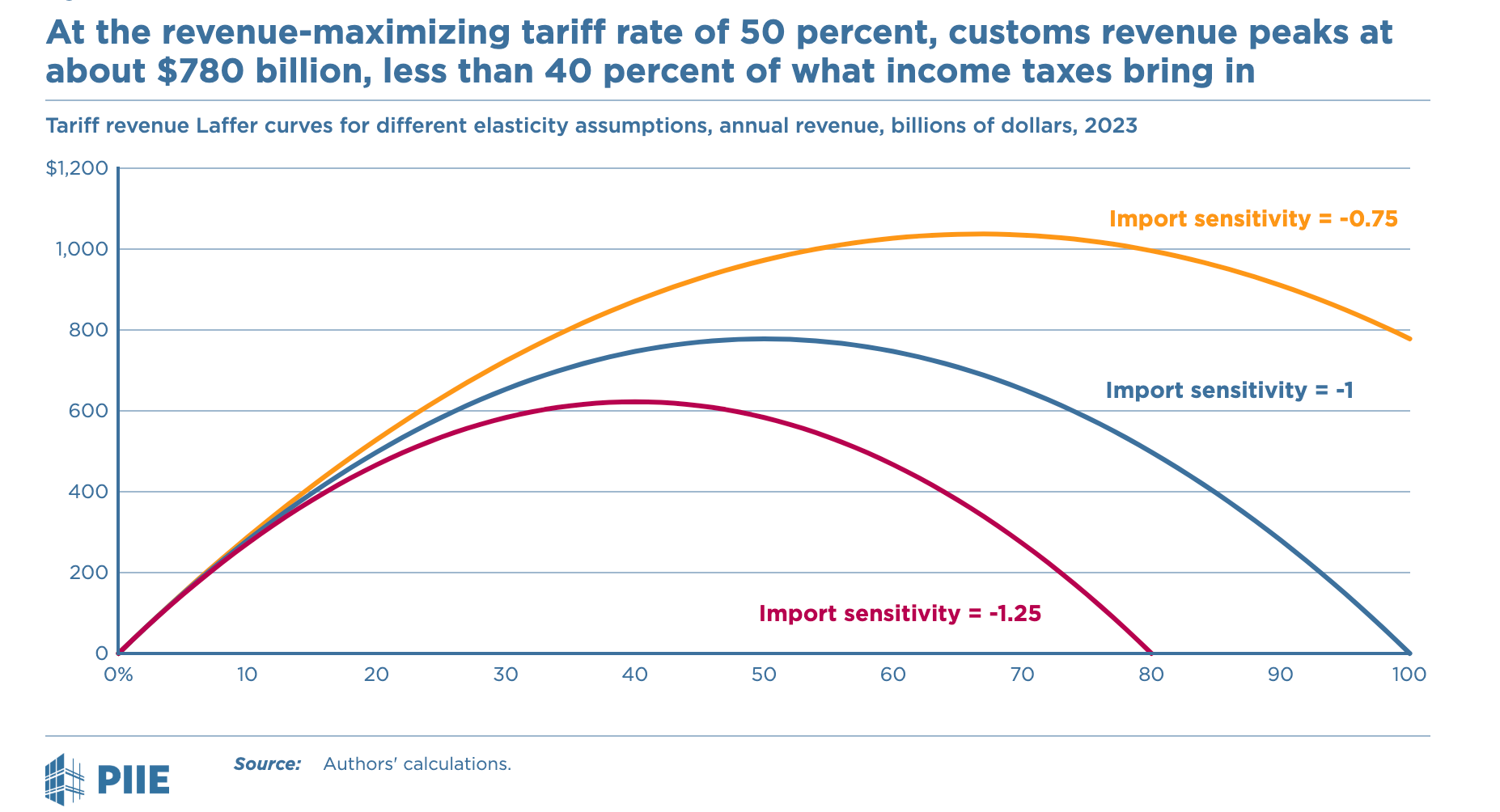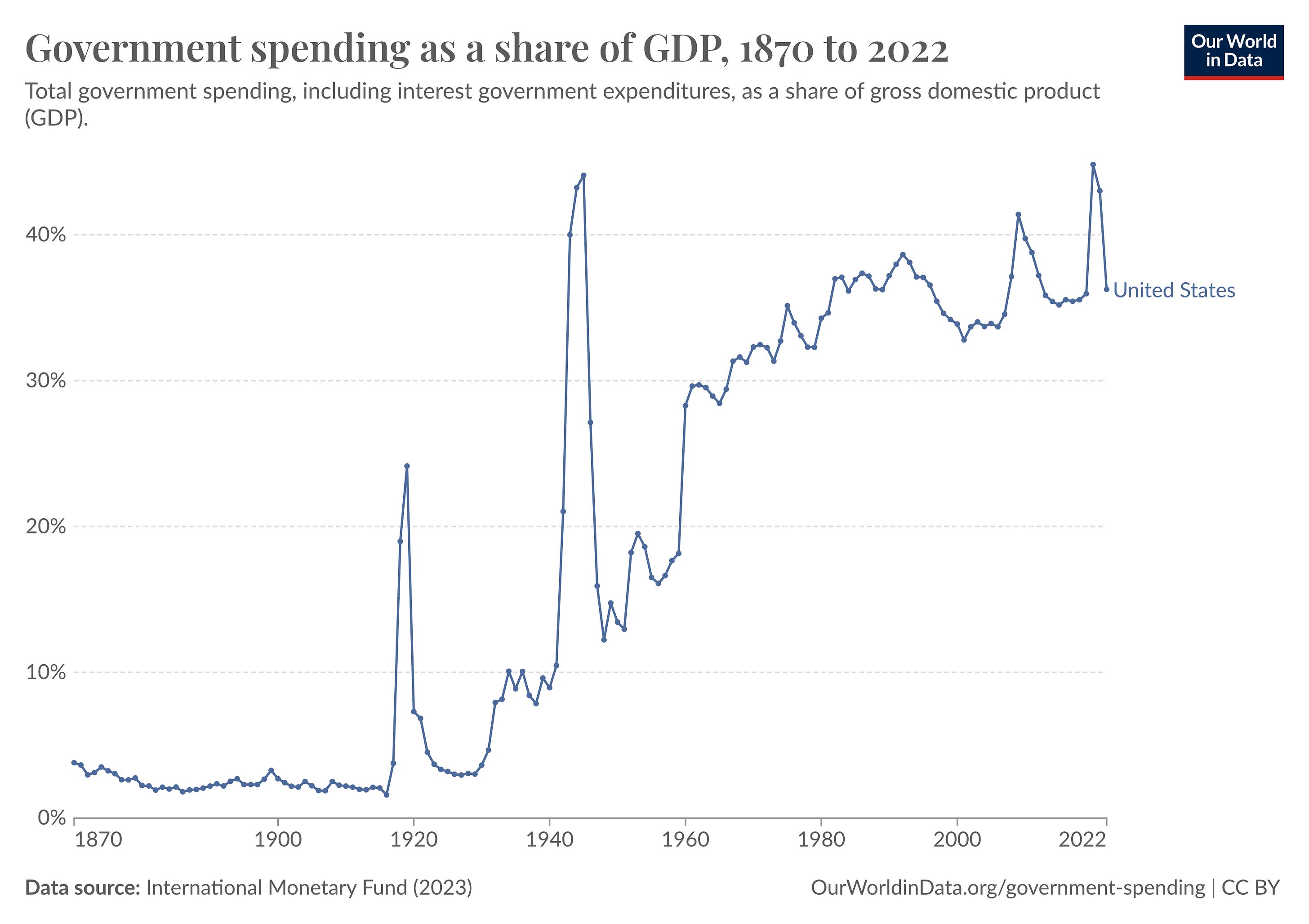When ͏ ͏ ͏ ͏ ͏ ͏ ͏ ͏ ͏ ͏ ͏ ͏ ͏ ͏ ͏ ͏ ͏ ͏ ͏ ͏ ͏ ͏ ͏ ͏ ͏ ͏ ͏ ͏ ͏ ͏ ͏ ͏ ͏ ͏ ͏ ͏ ͏ ͏ ͏ ͏ ͏ ͏ ͏ ͏ ͏ ͏ ͏ ͏ ͏ ͏ ͏ ͏ ͏ ͏ ͏ ͏ ͏ ͏ ͏ ͏ ͏ ͏ ͏ ͏ ͏ ͏ ͏ ͏ ͏ ͏ ͏ ͏ ͏ ͏ ͏ ͏ ͏ ͏ ͏ ͏ ͏ ͏ ͏ ͏ ͏ ͏ ͏ ͏ ͏ ͏ ͏ ͏ ͏ ͏ ͏ ͏ ͏ ͏ ͏ ͏ ͏ ͏ ͏ ͏ ͏ ͏ ͏ ͏ ͏ ͏ ͏ ͏ ͏ ͏ ͏ ͏ ͏ ͏ ͏ ͏ ͏ ͏ ͏ ͏ ͏ ͏ ͏ ͏ ͏ ͏ ͏ ͏ ͏ ͏ ͏ ͏ ͏ ͏ ͏ ͏ ͏ ͏ ͏ ͏ ͏ ͏ ͏ ͏ ͏ ͏ ͏ ͏ ͏ ͏ ͏ ͏ ͏ ͏ ͏ ͏ ͏ ͏ ͏ ͏ ͏ ͏ ͏ ͏ ͏ ͏
Never Underestimate the Ignorance of the Powerful
When you’re a star, people let you think you’re smart
I don’t know about you, but I’m still extremely unsure what the incoming president will actually do about trade. The Smoot-Hawley level tariffs he promised during the campaign would be disastrous, but sometimes I think he may have at least a vague sense of the damage those tariffs would do, so what he’s really aiming for is an extortion scheme — one in which most companies would secure exemptions via political contributions and/or de facto bribes (e.g. buying Trump crypto.) But then he’ll come out with something like the Truth Social post above, and I’ll be reminded that wealthy and powerful people like Trump or Andreesen or, of course, Elon Musk are often far more ignorant than policy wonks can easily imagine. You might assume otherwise. After all, billionaires could afford, if they chose, to put the top experts in practically every field on permanent retainer. In fact, I once did some back-of-the-envelope calculations and figured out that Musk in particular could afford to maintain a private intelligence service on the same scale as, say, Britain’s MI5. But Trump, we know, disdains expertise; Musk appears to get what he thinks is intelligence from random posts on X. The thing is, it takes considerable strength of character for a wealthy and powerful man to become and remain well-informed about policy issues. First, he must overcome the arrogance of success. In the academic world there’s a familiar phenomenon sometimes called “great man’s disease,” in which a successful researcher in one field assumes that he (it’s usually a “he”) is so much smarter than experts in other fields that he doesn’t need to pay attention to their research. Physicists make confident, deeply ignorant pronouncements about economics; economists make confident, deeply ignorant pronouncements about sociology. There’s a reason one of my personal rules for research is “Listen to the Gentiles” — that is, people who aren’t from your intellectual tribe, but may have smart things to say. This kind of arrogance presumably comes even more easily to men of great wealth. After all, if these so-called experts are so smart, why aren’t they rich like me? Second, wealth and power attract hangers-on who will tell the great man what he wants to hear. You’d like to imagine that when Trump or Musk say really silly things big, strong men with tears in their eyes will come up to them and say “Sir, I’m sorry, but you have the facts all wrong” — and that they’ll let themselves be corrected, rather than having the people trying to set them straight thrown out. And there are wealthy men with enough humility to accept constructive criticism — I’ve met some of them. But such men don’t seem likely to play a role in the incoming administration. What this means in the current context is that almost all attempts to refute Trump’s claims that he can replace income taxes with tariffs aim too high. I’m a great admirer of Clausing and Obstfeld’s work on the amount of revenue we could possibly collect from tariffs, showing that it couldn’t possibly replace the income tax. Here’s their chart showing that there really is a tariff-rate Laffer curve: But when Trump or Andreesen ask why we can’t go back to the McKinley era, when the government subsisted on tariffs and didn’t need an income tax, their problem isn’t failure to understand the revenue function; it’s failure to appreciate the simple fact that in the 1890s America barely had a government by modern standards: Sure, tariffs could pay for a government without Social Security, Medicare and Medicaid, at a time when even the military was tiny. But the constituency for returning to that kind of small government consists, as far as I can tell, of a couple of dozen libertarians in bow ties. And the kind of government we have now needs a lot more than tariffs to pay its way. Which brings me back to what is likely to happen on tariffs. You might think that it’s obvious that Trump’s announced plans, or concepts of plans, are unworkable. But it’s probably not obvious to Trump — and who’s going to tell him? So he may really try to go through with this stuff. MUSICAL CODA I guess this post is about arithmetic, which has a well-known liberal bias. So a bit more Feist. Used the AI upscale because the original is horribly low-rez.
© 2025 Paul Krugman |



